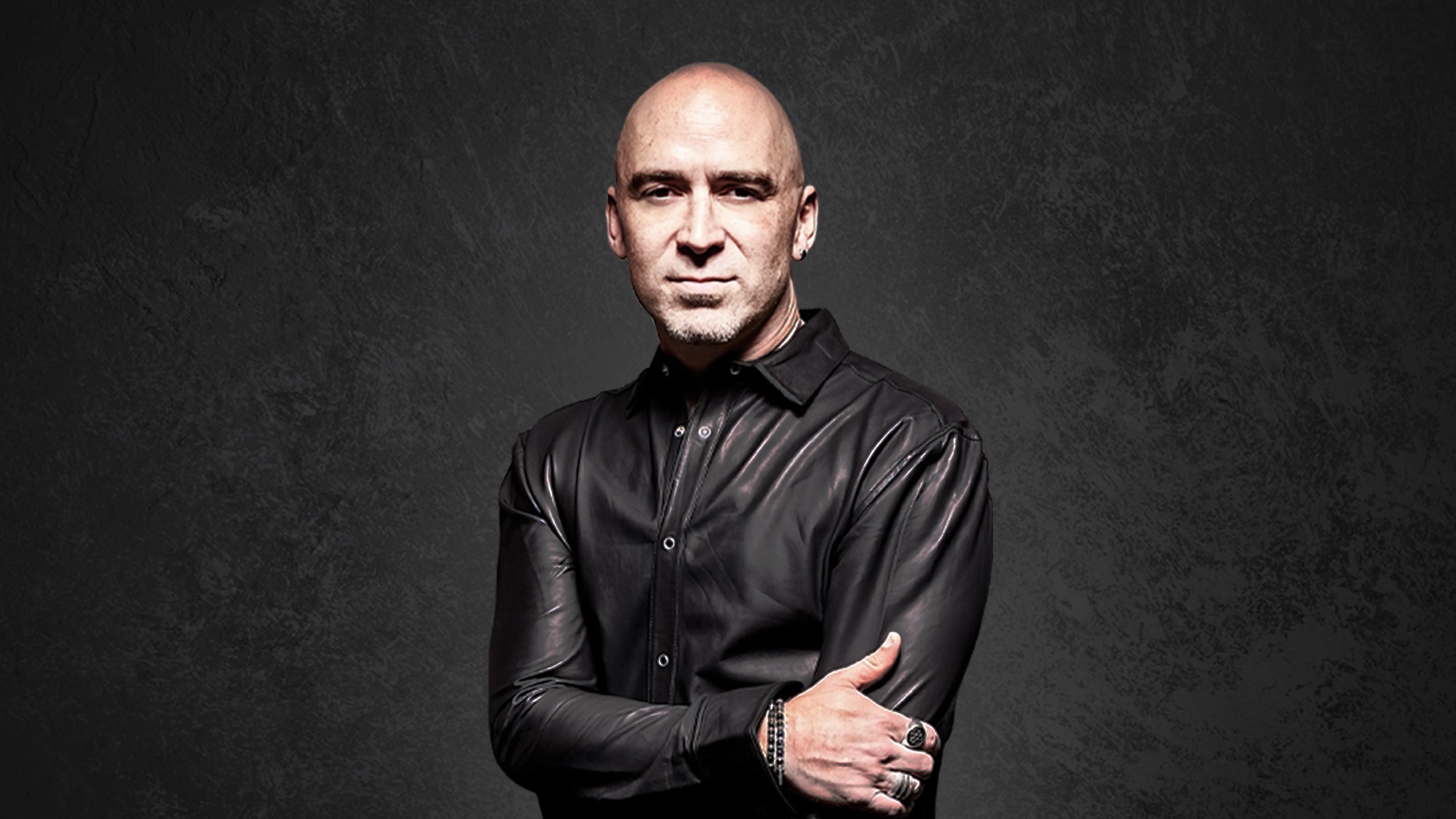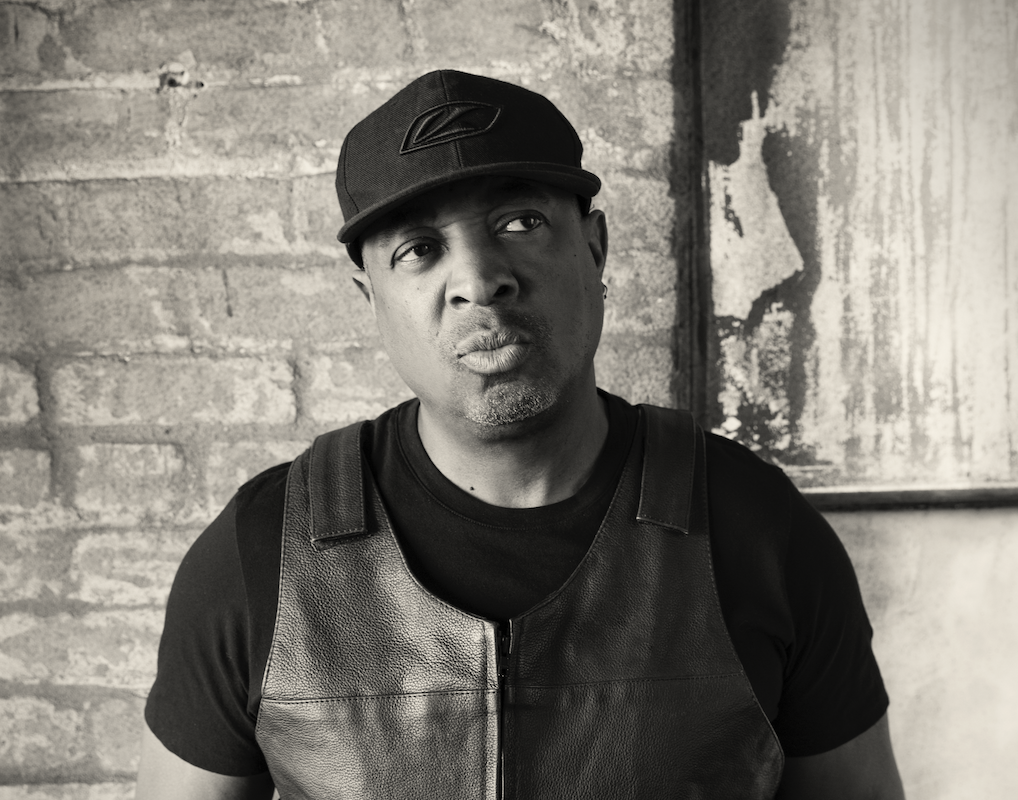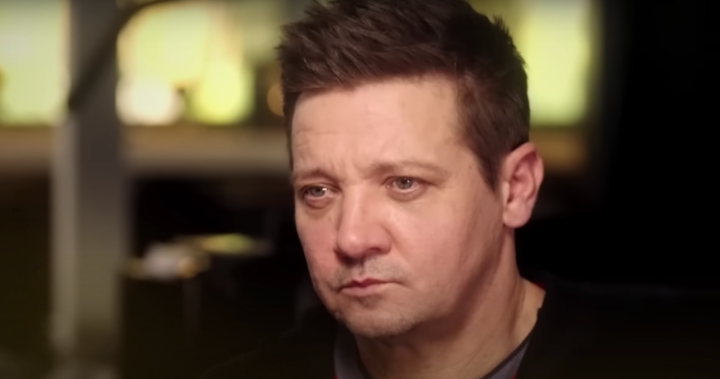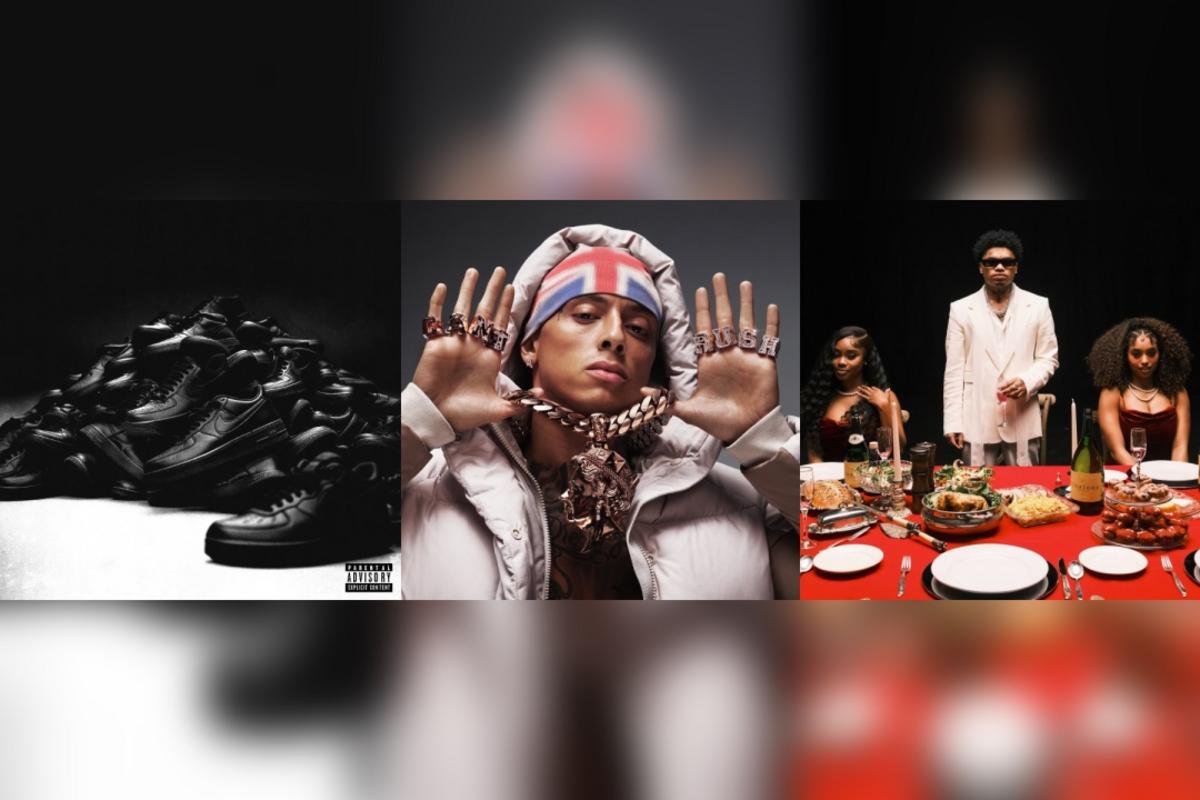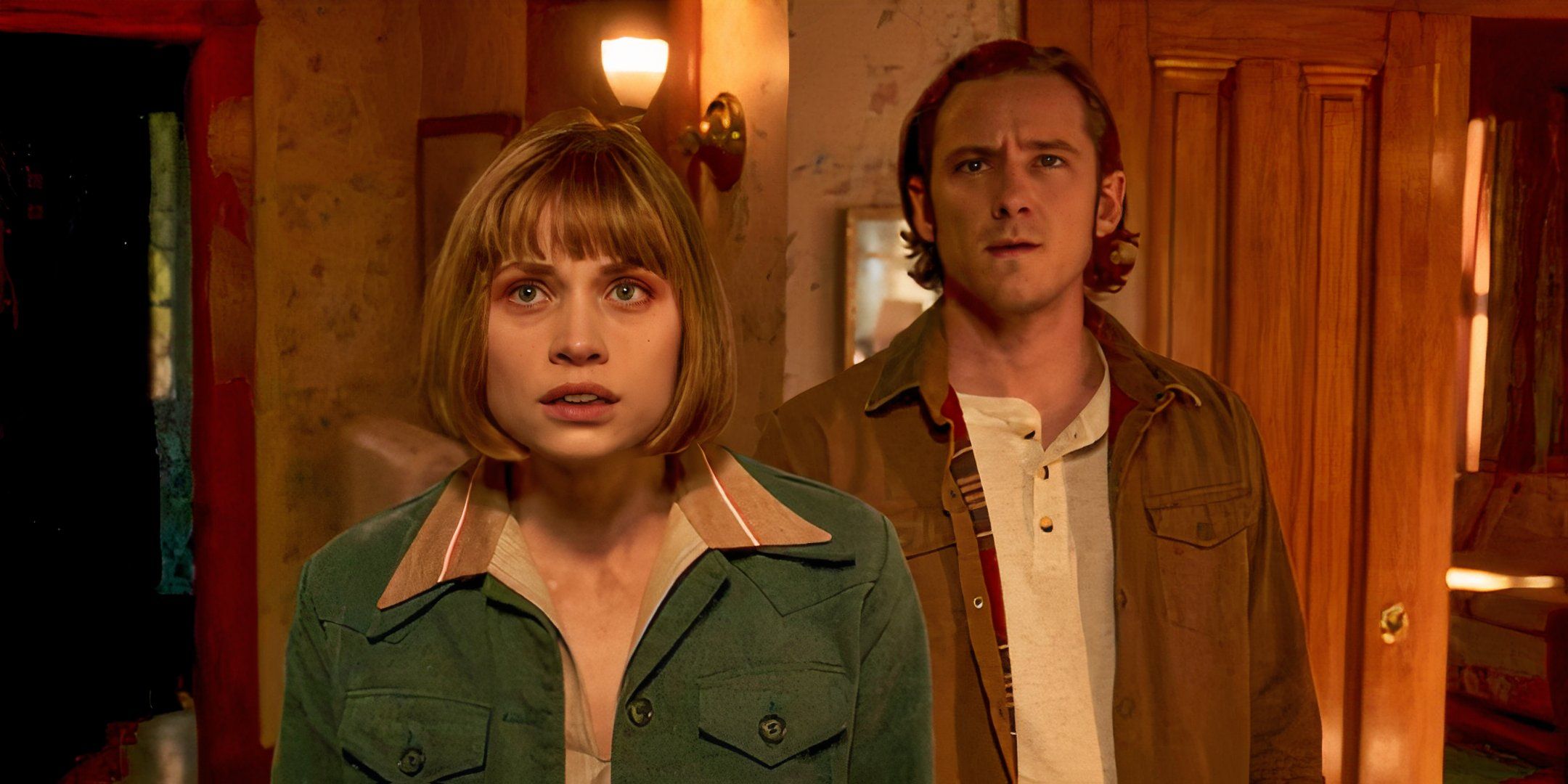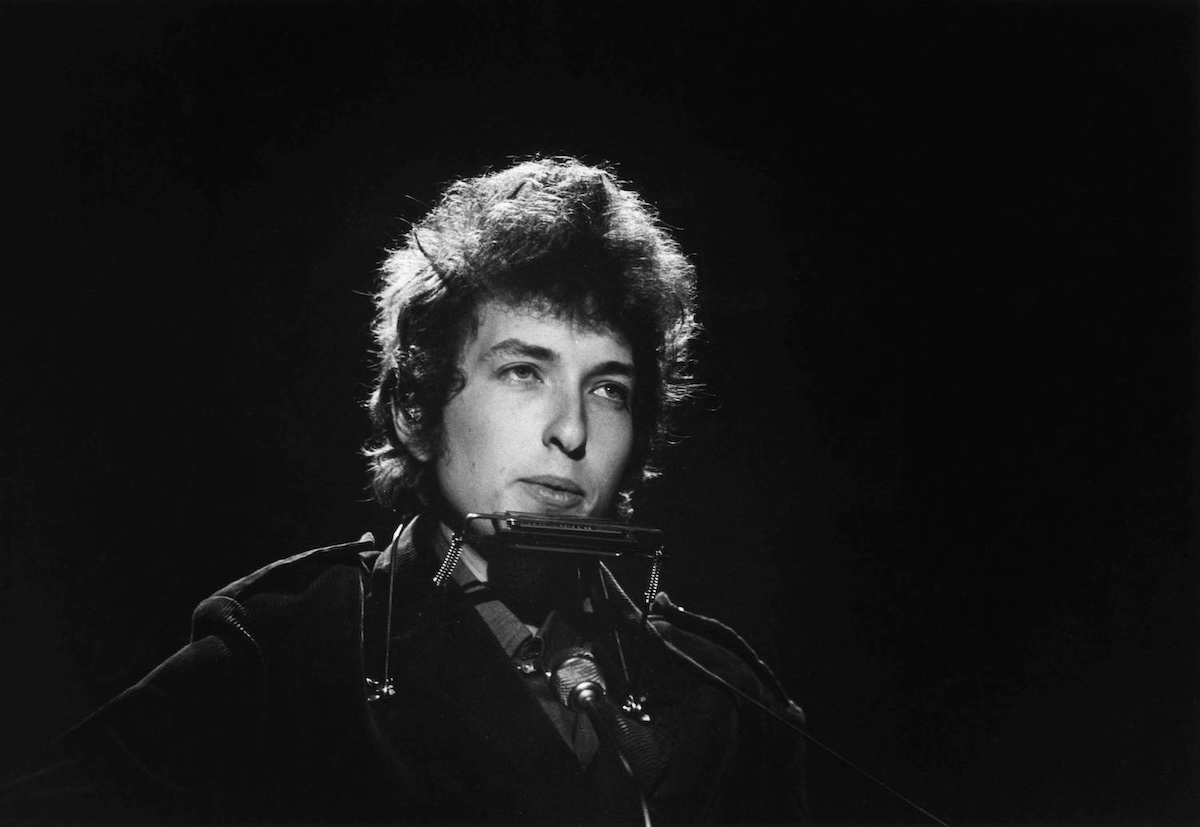
During the 1960s, Bob Dylan was many things to many people: a folk music icon, a civil rights activist, and a singing revolutionary. He released a dizzying array of landmark albums, such as The Freewheelin’ Bob Dylan, Highway 61 Revisited, and Blonde on Blonde, making him one of the decade’s most innovative artists. But he was also one of the most controversial. He was famously called a “Judas” for abandoning folk music—a genre he helped reinvigorate—to go electric. He relished in his exploding celebrity status in the mid-’60s, only to reject it by the end of the decade. During interviews, Dylan told conflicting stories about his background and his music, not allowing anyone to truly know him. More than 50 years later, the legendary singer-songwriter is considered one of the most influential—and mysterious—cultural icons the world has ever seen.
Now, a new biography explores this fascinating period in Dylan’s fabled music career.
More from Spin:
- Chuck D Is Calling You Out
- They Might Be Giants for the Children: 9-Year-Old Twins Review a TMBG Concert
- Pearl Jam Bash Trump, Salute Chris Cornell At Tour Finale
Decade Of Dissent: How 1960s Bob Dylan Changed The World by author and journalist Sean Egan draws on exclusive original interviews and never-before-published insights about the first 10 years of Dylan’s music career, spanning his rise as a music icon to his self-inflicted descension as a background character in the cultural zeitgeist of the 1970s.
“I think you’ll get something from this book, regardless of whether you are new to Dylan or whether you know a lot about him,” says Egan. “I hope it gives an insight into why he was so culturally important in the 1960s…he brought a political consciousness and poetry to popular music. And when you think about it, that changed the world…”
From why Dylan changed his name to his 1966 motorcycle accident to the release of his 1970 album, Self Portrait, Decade Of Dissent explores in detail the decade that solidified the artist as one of the greatest musicians of all time.
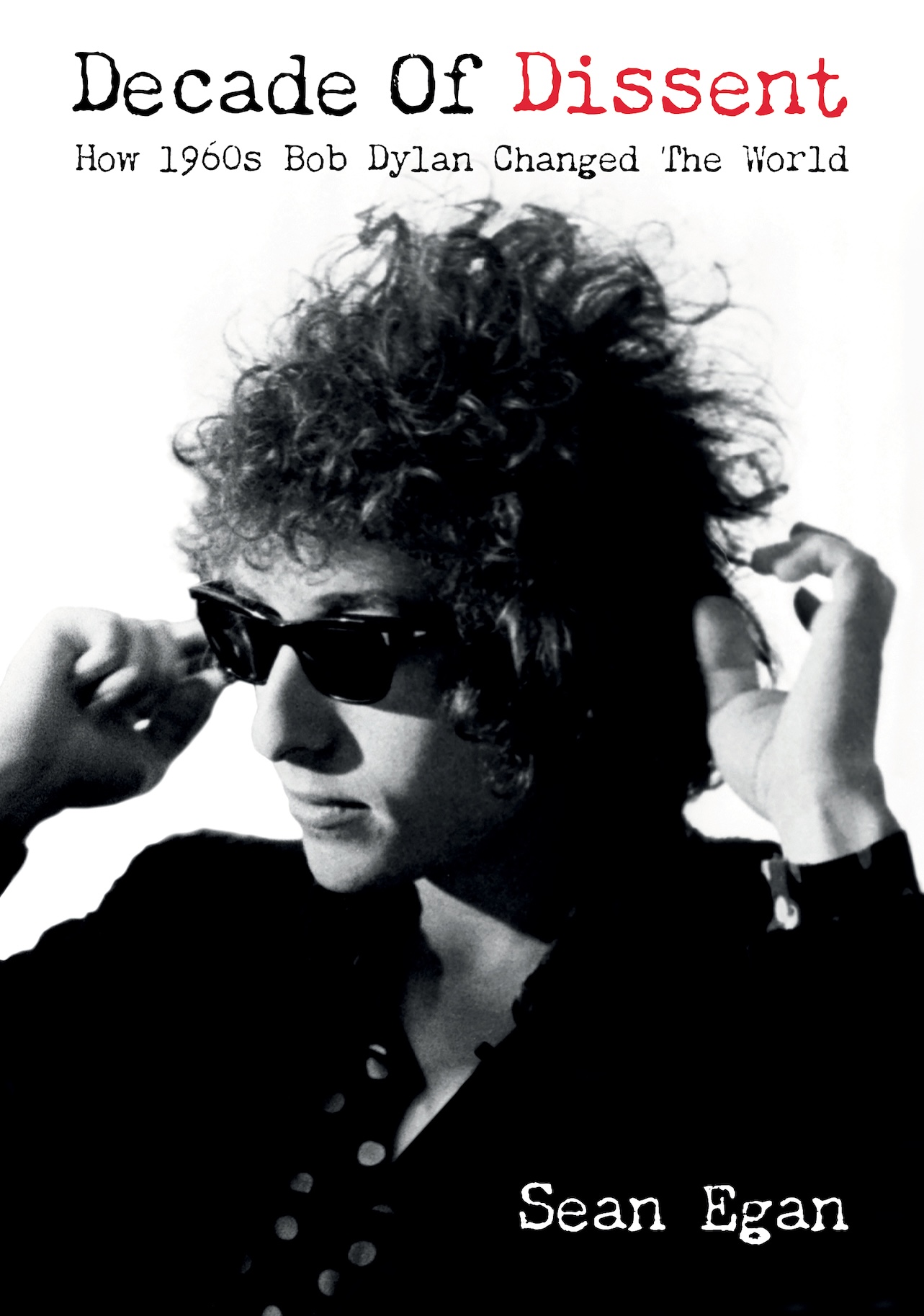
SPIN: So many books have been written about Bob Dylan. How is your book different from other Dylan biographies?
Sean Egan: Part of it was a prosaic reason, namely, about 15 years ago, I did quite a long article on the making of Highway 61 Revisited through a U.K. magazine. And I interviewed most of the musicians who played on it, plus Daniel Kramer, who took the cover photograph. He also took the cover photograph of Bringing It All Back Home. As with all magazine features, you have a hell of a lot of material left over, which you can’t include, just for reasons of space. And so it was always in the back of my mind that one day that might make the basis of an interesting book.
In terms of a book that focuses on Dylan’s career in the 1960s, that is really the crucial part of it, which is not to say he hasn’t made great albums since, but every album that he made in the ’60s seemed to be revolutionary, maybe apart from his debut album. As both an artist and a sociopolitical force, which is what he essentially became, that was by far the most interesting part of Dylan’s life and career.
I imagine if you’re going to pick any period in Dylan’s career, the ’60s would be it.
Oh, yeah. Everything he recorded in that decade is interesting, if not necessarily great. He starts the decade in 1962 in a fairly mediocre way with his debut album, which is mostly cover versions. So that’s not much interest to us at this end of history, because, of course, what is interesting to us about Dylan is his own songs. And he ends it in a curious way with Nashville Skyline, which is a very slick album, but to a great extent, an empty album, which has got none of the things that we came to love Dylan for, i.e., poetic and meaningful words and a refusal to fall into line with song convention. But in between those two albums, those two bookends, if you like, he just makes a string of revolutionary albums, full of great songs and lyrics that elevate popular songs and new plateaus of poetry. And he also puts in many great performances, as both a vocalist and on harmonica, both of which he is extremely underrated for.
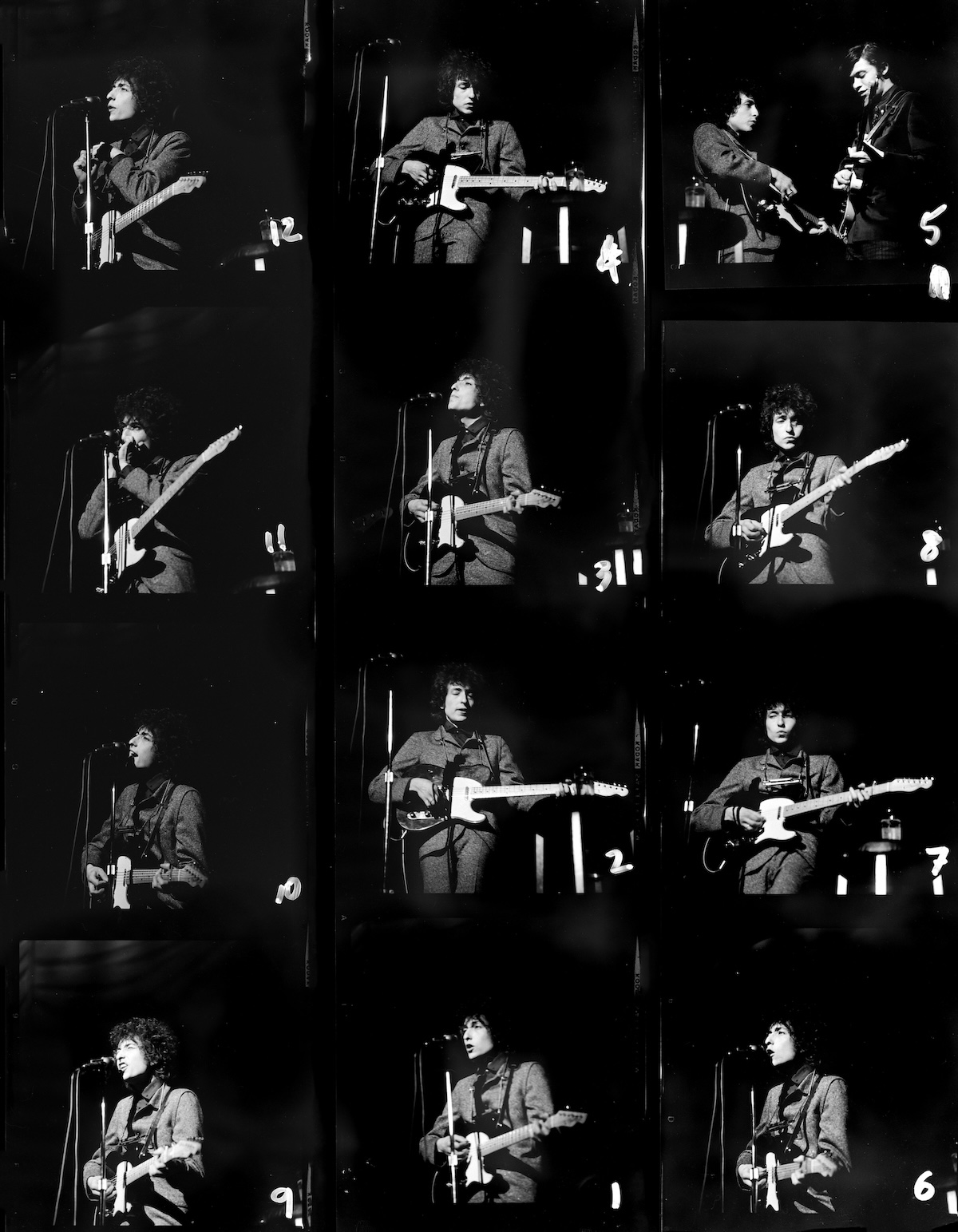
What was the most difficult aspect of writing this book?
I think it was simply having to sift through Dylan’s contradictory stances and opinions and recollections. In the end, very often, you simply have to either discount one contrasting point of view and say, “Well, common sense dictates that this is the real truth,” or you have to represent both points of view and leave it to the readers to make up their own minds. Dylan, I think at bottom, is an admirable person, and he’s done more good than harm in this world. But yeah, it is extremely annoying that you can’t get a definitive version of events from Dylan himself, and you have to rely on outside sources and your own intuition.
Why do you think he was insistent on creating falsehoods about his background, essentially creating, not just a stage name, but multiple personas?
There’s sort of prosaic and mundane reasons, as well as more profound reasons.
Zimmerman, which is his real name, is a Jewish name. And quite frankly, in those days, if you wanted to get on in life, especially in the entertainment business, it was considered to be necessary to downplay any ethnicity, anything that wasn’t sort of White Anglo-Saxon Protestant. So, that may be the reason for him changing his name. As for Dylan itself, he’s given conflicting reasons for the choice of that name. Sometimes he says it came from Dylan Thomas. Sometimes he says it didn’t. I guess we’ll never know. But it all seems to be tied up with this discomfort about where he came from and about his uneasy relationship with his father. He just didn’t want people to know that he came from where he did. And of course, it’s much more glamorous—and this applies to everybody, not just Bob Dylan—to pretend that you came from an underprivileged background than to say “Yeah, I wanted for nothing when I was a kid.”
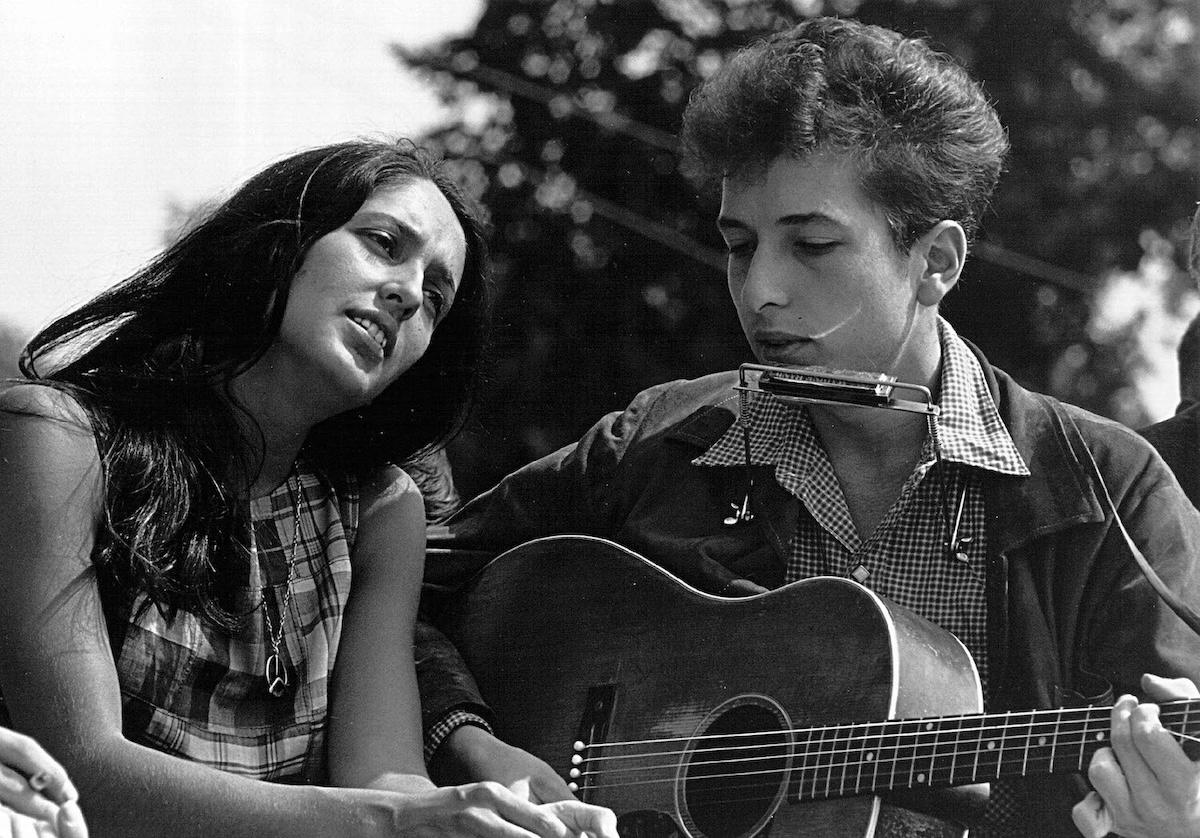
In the first chapter of your book, you write about Dylan’s family background and how it influenced songs such as “Blowin’ in the Wind,” “Masters of War,” and “The Times They Are A-Changin’.” Can you talk about the impact it had on him as an artist?
Dylan doesn’t come from poverty. He never wanted for anything when he was a kid, financially. Culturally and emotionally, that’s a very different kettle of fish. He comes from up on the border of Canada in Hibbing, Minnesota, which was quite a barren place culturally, and quite a very cold place as well. He once said, “Well, I didn’t rebel when I was a kid, because it was too cold to rebel.” In terms of his family background, I guess we’ll never know fully because he’s quite circumspect about it. But there seems to have been a profound problem in his upbringing. I think he got on well with his mother and with one of his grandmothers, but with his father, it was a much more complicated situation, partly because his dad was a businessman, and like a lot of businessmen do, he employed his kids in his workplace so they could earn a bit of money. And one of Dylan’s jobs assisting his father, who owned a furniture store at one point, was to repossess furniture from people who had fallen behind in payments because they’d become unemployed. And Dylan detested that job, absolutely detested it. His girlfriend at the time said it was just the thing that he dreaded most in life, and that seems to be one of the things that gave him an early sympathy for the underdog and the underprivileged. Eventually, that manifests itself in his protest songs.
It seems like he’s got to have a large amount of empathy to write such powerful anthems.
Dylan has always been happy to embrace material privilege for himself. He was driving cars and riding motorbikes when he was still a teenager. And of course, he’s been happy to be the recipient of royalty checks, which started very early on because “Blowin’ in the Wind” was covered by everybody and his uncle in the early days. But he can also see the inequities of the capitalist system. Not that he’s ever embraced socialism. He is much too intellectually acute to embrace easy answers. And so you get that line in, “It’s Alright Ma, (I’m Only Bleeding)” where he says, “Darkness at the break of noon / shadows even the silver spoon.” If we can assume “darkness at the break of noon” is a reference to Arthur Koestler’s anti-communist [novel] Darkness at Noon, silver spoon is a metaphor for capitalism; he’s basically saying that one system is just as bad as the other.

The Basement Tapes were an indirect result of Bob Dylan’s 1966 motorcycle crash. Some people say that his long recovery period was an excuse for Dylan to take time away from the public. Do you agree?
He wanted to get away from the pressures, and there were unbelievable pressures in his career. He’d released three albums in the space of 13 or 14 months; one of them a double album. And not just any albums, but some of the greatest music ever made to this very day. He’d been on world tours, backed by an electric band, booed to the rafters at every concert. People were actually paying so that they could boo him because it was considered to be selling out if you moved from folk to pop or rock. And the toll that took both physically and psychologically, I mean, none of us can really imagine it. And he just released Blonde on Blonde in June ’66. And he was due to go out on another world tour. I don’t know whether Dylan would’ve survived that tour because he was keeping himself going—or his manager, Albert Grossman, was keeping him going, shall we say—by artificial means, which was another thing that must have been playing havoc with his constitution. He had a motorbike accident on July 29. And there’s no doubt that was an accident. But he aggrandized it into something bigger in order to be able to say to Grossman and to the people that he was contracted to do work for, “I can’t do this.” His brain works very fast, and he realized that he could turn this to his advantage and simply get off that treadmill, which was in danger of killing him.
And The Basement Tapes, of course, are the consequence of that. While he was recuperating, Grossman said to him, “Well, can you at least write some songs so that we can get some cover versions?” Because at that point in history, everybody wanted to record a Bob Dylan song. He didn’t have many hits of his own. But other people, when they covered his songs, tended to have hits. He started writing some songs, and they were very odd songs; nothing like what he’d written before. They were quirky. They were humorous. They were quite penitent. He wasn’t this scathing East Coast hipster anymore. He was a sort of ruralized person who was contemplating what he’d done and what he’d done to other people, and what other people had done to him, such as Grossman. And this all manifests itself in some of the strangest, but also most wonderful songs that you’ve ever heard. We now refer to them as The Basement Tapes, but they were, at the time, a 12-song acetate that was circulating amongst the rock aristocracy.
By the 1970s, Dylan was no longer part of the cultural zeitgeist, no longer innovating the music scene. What do you think contributed to this?
Part of it was voluntary. He no longer wanted to be considered the leader of the counterculture or the world’s youth or whatever people considered him to be. He was being hounded by these people. One of the reasons he played the Isle of Wight Festival in Britain in 1969 is that the Woodstock festival was located there in Woodstock. Eventually, it moved to Bethel, 90 miles away, but it was going to take place in Woodstock because Dylan lived there. And it was the most ridiculous maneuver to try to coax him out of his…not quite retirement…but he kept a low profile at the time and wasn’t touring at all. So he was basically sick and tired of people trying to put him on a pedestal, although he sort of willingly occupied it back in the protest days. Then we have this culminating in Self Portrait in 1970, which was a deliberately terrible double album, which was almost designed to get these people off his back.
Do you think there is anyone who really knows Bob Dylan, the man?
I suppose it would be one of his wives rather than anybody else. But he does seem to be a very complicated, convoluted person, as demonstrated by the fact that he’ll give totally different versions of events. For instance, I mentioned Self Portrait. He’s given quotes about that album where he says, “Yes, it was a deliberately terrible album to make people leave me alone.” And then I’ve seen him give other quotes where he quite impassionately said it was a great album, and people didn’t listen to it properly, and that’s why they don’t understand it. That’s a very odd mentality, a very odd psyche that he has; almost schizophrenic. We, the general public, might think we know who Bob Dylan is, but you’d have to be one of his intimates to really understand who he is. I don’t think he even knows himself sometimes.
To see our running list of the top 100 greatest rock stars of all time, click here.


